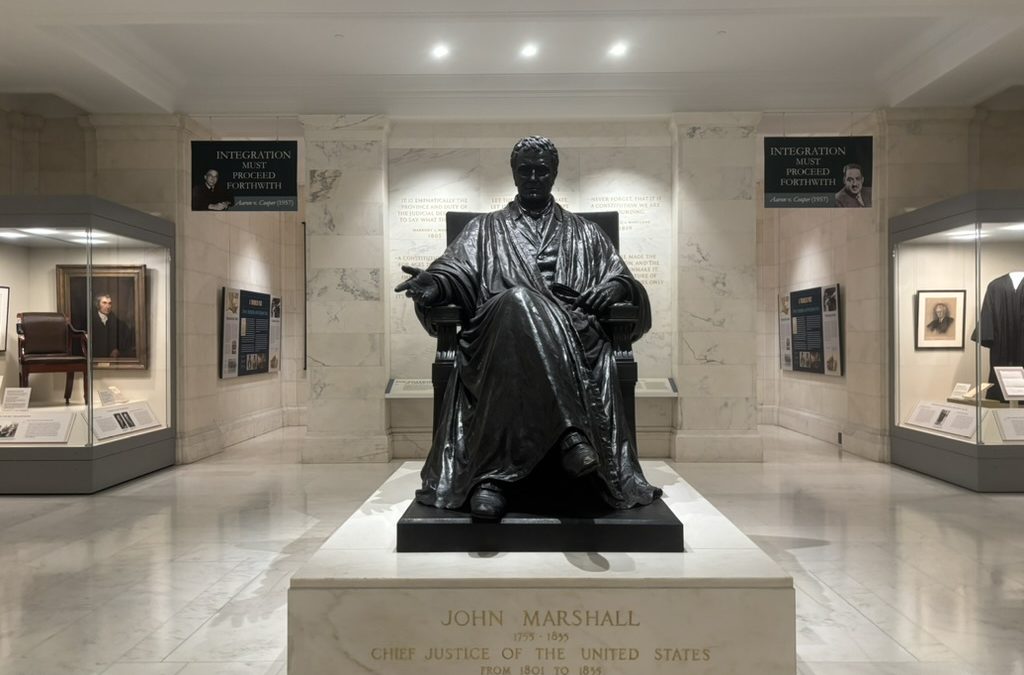WASHINGTON–The Supreme Court unanimously ruled in favor of Cornell University employees in Cunningham v. Cornell Thursday, determining that Cornell university mismanaged their retirement contributions by violating the Employee Retirement Income Security Act of 1974.
“It’s been almost nine years that we’ve been fighting this case, and we were very pleased that the Supreme Court would agree with our position all the way along,” one of the plaintiff’s lawyers Jerry Schlichter told Medill News Service. “We now will be looking at a trial to obtain compensation for these Cornell employees and retirees, which they deserve to have compensation that’s been missing for all these years.”
In addition to allowing the Cornell employees and retirees to seek compensation, the Court’s decision set the precedent that the burden is shifted from the employee to the employer to prove whether their record keeping services abide by the Employee Retirement Income Security Act. The decision made it easier for employees to legally challenge employers’ mismanagement of retirement contributions.
Justice Sonia Sotomayor delivered the majority opinion. Justice Samuel Alito, Justice Clarence Thomas and Justice Brett Kavanaugh offered a concurring opinion as well.
The Supreme Court’s decision reversed two previous lower court decisions. The case was originally filed in 2017 in the U.S. District Court for the Southern District of New York on behalf of 28,000 university employees who claimed the university was paying excessive recordkeeping fees as a result of hiring Fidelity Investments and TIAA-CREF for retirement record keeping services.
The plaintiff’s lawyers including Xiao Wang and Schlichter argued that Fidelity Investments and TIAA-CREF’s services extended beyond record keeping to include investment products whose expenses led to greater record keeping fees.
“As a result of them pushing their own products, their products just had higher management fees than other products, and by extracting those higher management fees, within those management fees include record keeping fees, and so that’s why the record keeping fees are higher,” Wang said.
Part of the argument was also about whether it is the employees or the university who bore the burden of proving whether the fees were unreasonable. The Employee Retirement Income Security Act details prohibited transactions with employee retirement contributions and exemptions as well. The Court thought it unreasonable to require employees to disprove all of the listed exemptions, therefore placing the burden on the university to prove an exemption applies.
“It would make little sense to put the onus on plaintiffs to plead and disprove any potentially relevant separate 1108 exemptions,” the majority opinion stated. “Plaintiffs are not required to plead and prove that the myriad of 1108 exemptions pose no barrier to ultimate relief.” 1108 refers to the list of exemptions. Alito’s concurring opinion noted that administrators of retirement plans will likely require the services of a company like Fidelity Investments or TIAA-CREF, resulting in a violation of Employee Retirement Income Security Act unless an exemption applies.

